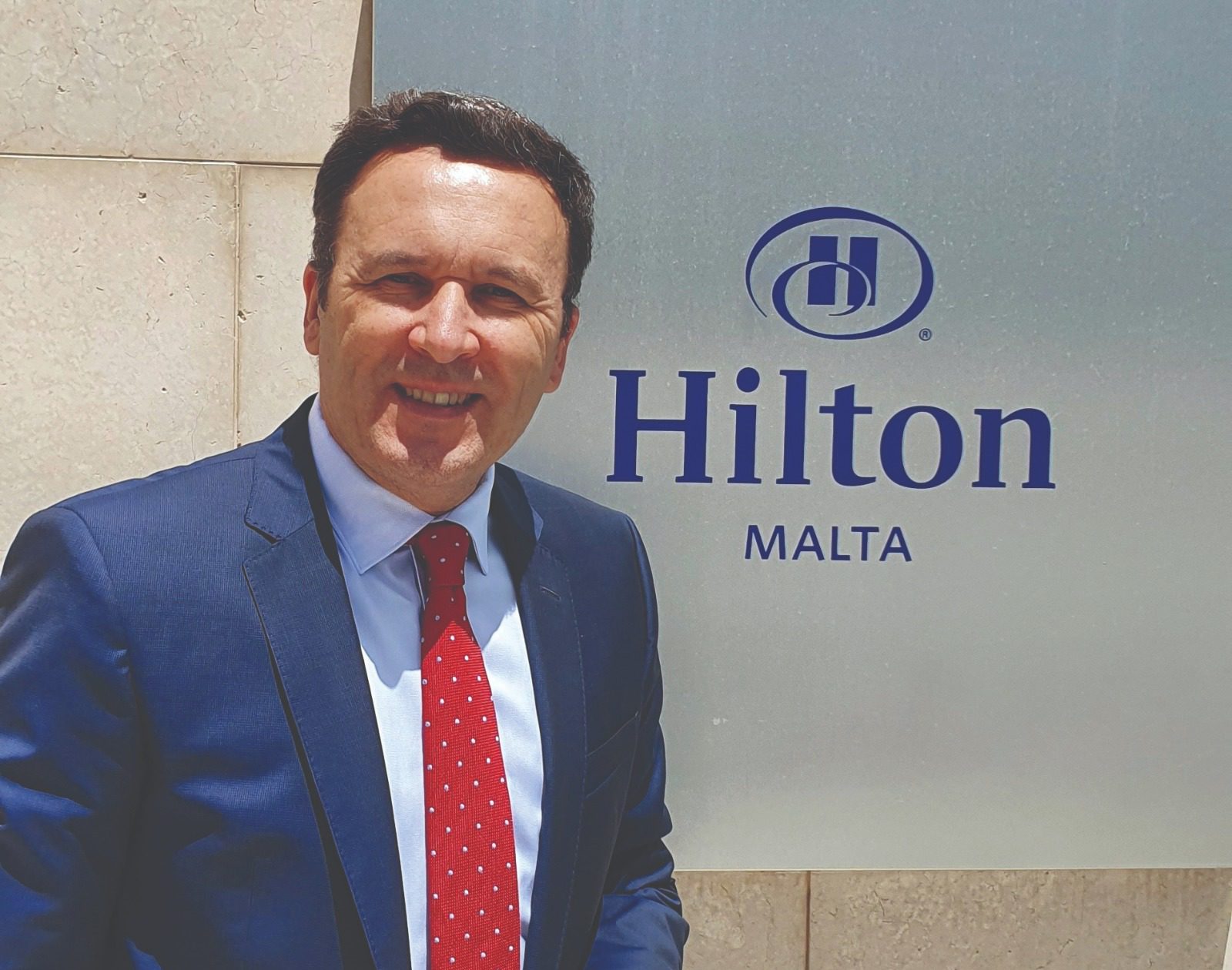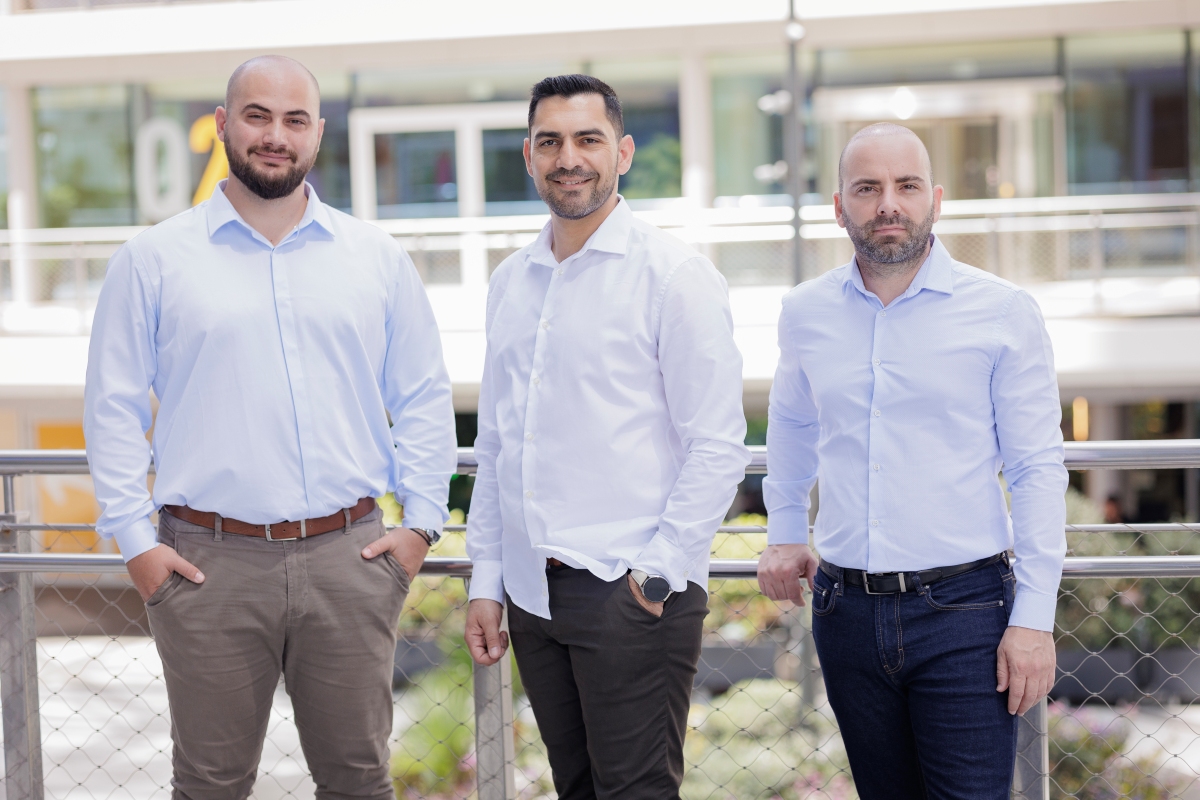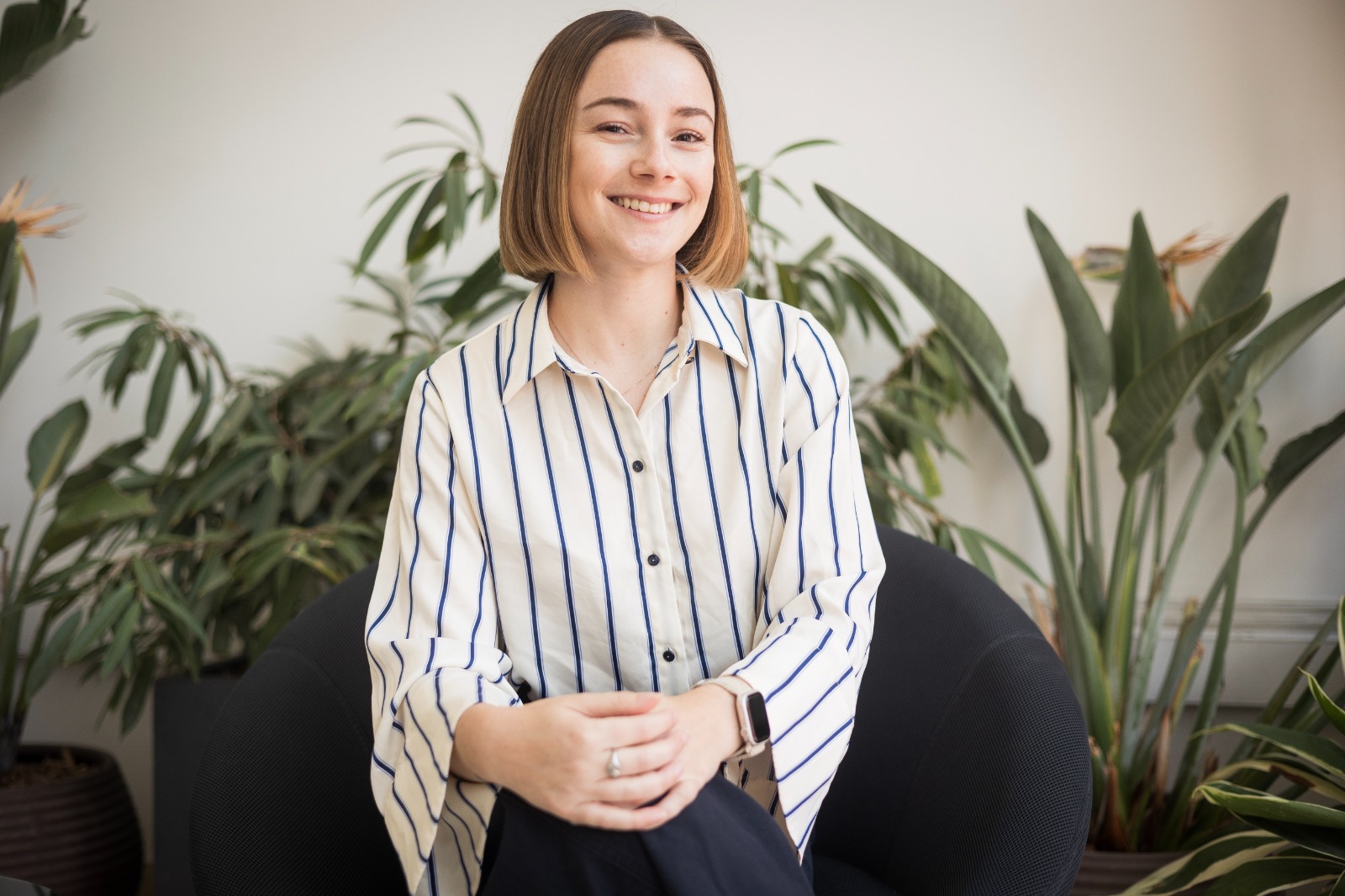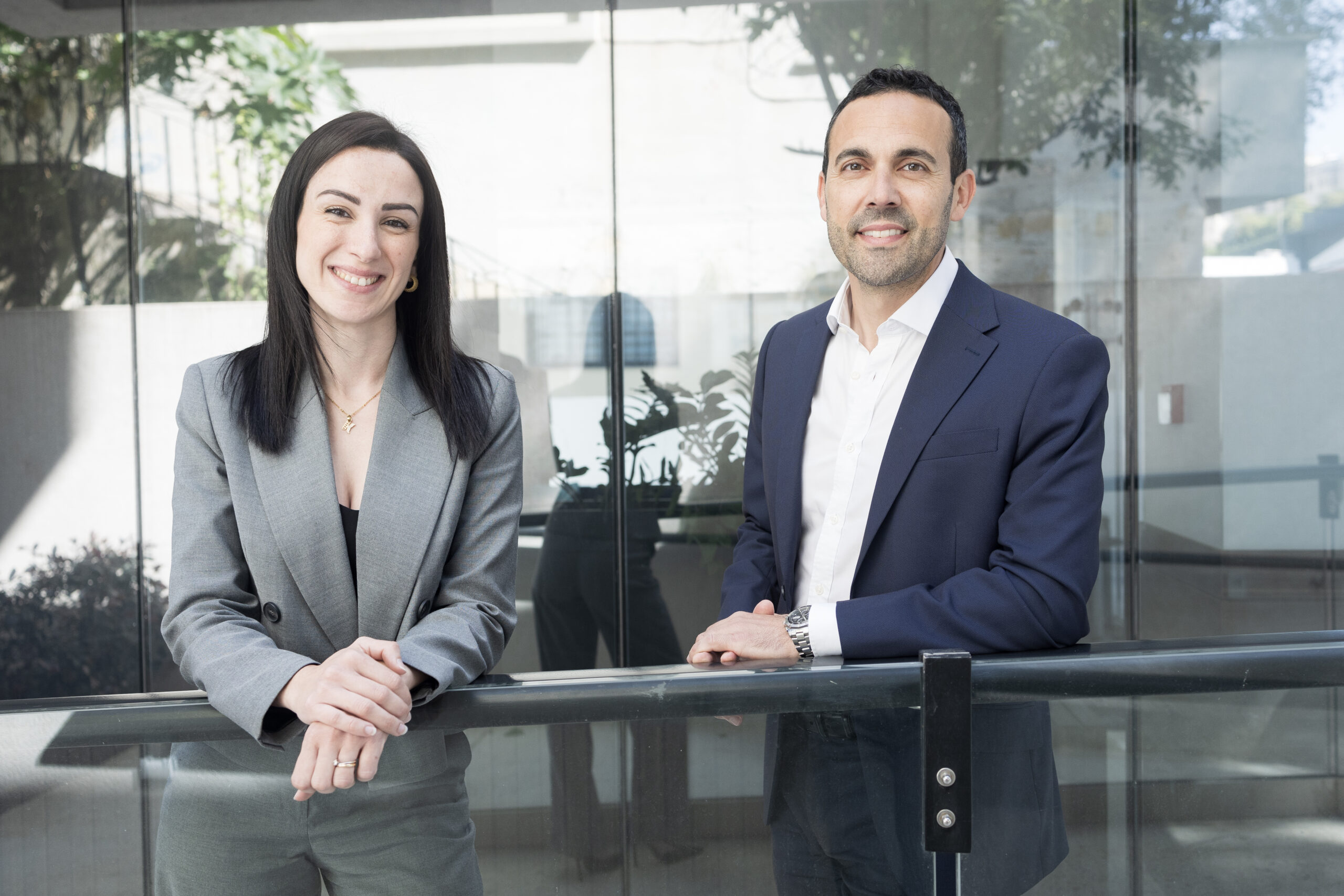The hospitality industry has been among the worst affected by the pandemic, which brought about an unprecedented situation in which travel and tourism were all but decimated for months on end. Now, after a difficult 18 months, bookings have started to pick up once again, and all signs indicate that the industry is slowing regaining pacing.
According to Richard Cuello, Hilton Malta’s cluster General Manager, the first priority when COVID-19 started to spread was to apply measures to maintain the hotel’s team and keep guests safe. “Being a hotel with multiple services and touch points for our customers, this mission was difficult and at some stages confusing for our guests,” he reveals, explaining that the team was constantly receiving different directives from Government, as well as new preventive measures from the company itself.
“We had to apply social distancing, special cleaning processes, new hygiene protocols, and modify our service,” he lists, describing managing service expectations with COVID restrictions as a big challenge. “We wanted to continue offering the highest quality and customer care standards during this period, and we had the opportunity to remain open during all these months. The main purpose was to keep close contact with our guests, team members and stakeholders,” Mr Cuello says.
Still, during the hardest months of COVID, in which Hilton Malta drastically reduced its activity, the General Manager outlines two main objectives: preserving the entire team and using this period to ‘come back stronger’.
“We always thought that business would come back rapidly, and we wanted to be sure that we would be ready for that,” he affirms, admitting that while they failed in the expectations of a ‘rapid’ recovery – only seeing business volume coming back many months later – they managed to use the period to come up with several ideas and initiatives to lead the ramp up.
“When we started to welcome guests back, we were surrounded by a strong, committed and fully trained team, as well as new products and services ready for our guests. This was the fruit of months of preparation, and the result of many new initiatives from our team members. There have been many learnings out of this period, and we improved in many areas,” Mr Cuello maintains.
Bringing things to the present, the General Manager highlights a very strong trend in leisure travel, which the team expects to further increase during 2022. The main challenge, he notes, remains in the meetings, conference and events segment, where companies are more hesitant to organise larger gatherings.
“In our industry – and especially in Malta – we depend very much on airline capacity and their flight availability. Airlines have become more reactive and flexible during this crisis, and we expect that if there is an increase in demand, flight capacity will grow accordingly. This will have a very important impact when it comes to flight connections with major feeding markets and will be the gear changer to welcome back large international meetings and events on the island,” he says.
Moving forward, Mr Cuello describes 2019 as the reference year for Malta when it comes to hotel occupancy, rates and tourism arrivals. “We are expecting to reach those levels of activity in around 24 months,” he reveals, forecasting that Malta will be seeing a strong increase in hotel-beds supply and that private-tourism accommodation will continue to grow aggressively.
“I personally believe that during this crisis we have seen the need to join forces among all stakeholders in the industry, in order to shape the future we want for tourism in Malta,” the General Manager notes, making reference to the Planning Authority, Malta International Airport and the MHRA, among others. “I am convinced that we will face new challenges – lack of human resources, sensibility for a more sustainable tourism, authenticity, etc, which will need a common long-term strategy and approach in order to compete with other destinations.”
These comments were featured as part of an in-depth story on the future of hospitality in Malta as it emerges from the challenges brought on by the pandemic. The full-length feature can be viewed on the December edition of Business Now magazine, the sister brand to BusinessNow.mt, produced by Content House Group
Malta’s next leap: Secured
How ESET delivers enterprise-grade security to meet Malta’s digital ambitions
Mastering the language of business: How BELS is crafting bespoke training for a dynamic economy
BELS Malta Director of Studies Arianna Muscat on how the language school helps companies equip their teams for success.
Built differently – CLA Malta offers custom solutions in a cookie-cutter landscape of tax advisory and business
Their client-centric philosophy extends far beyond conventional consultancy.






